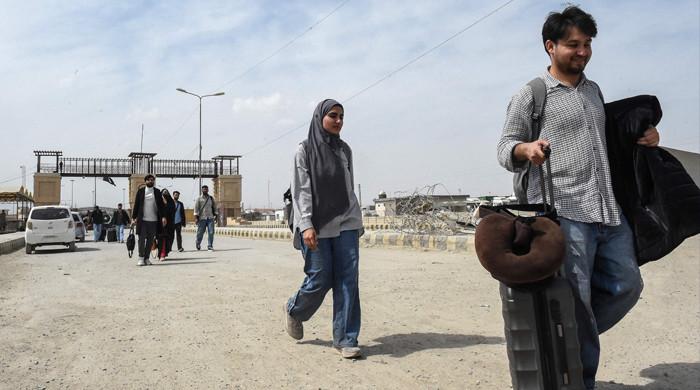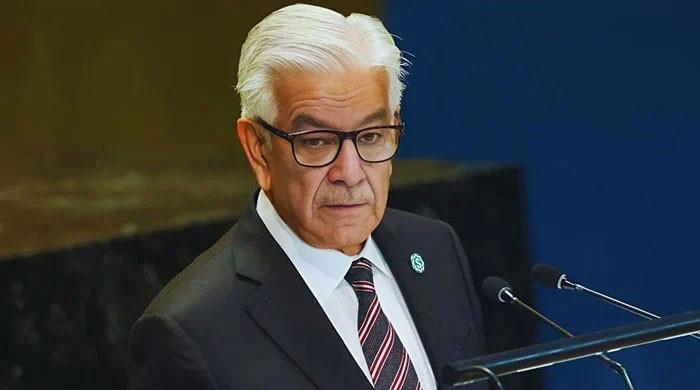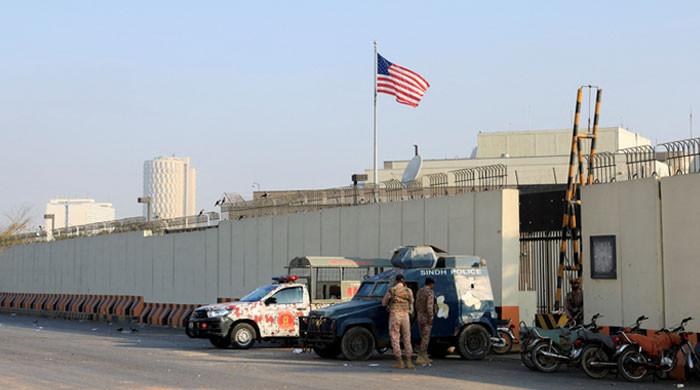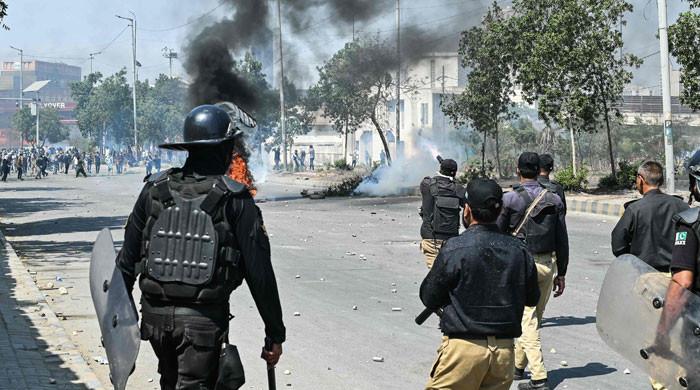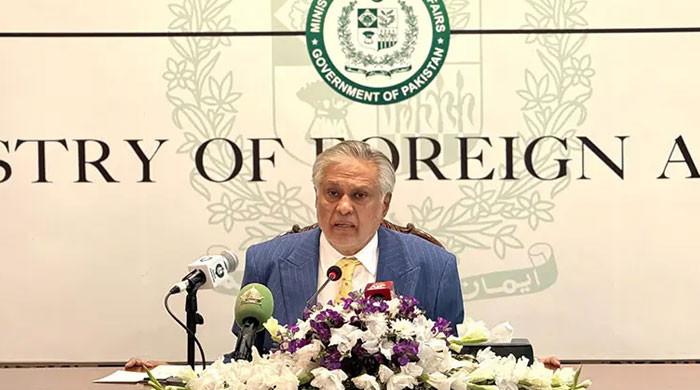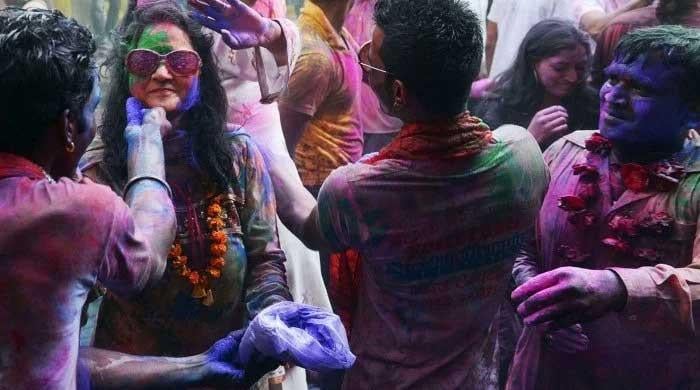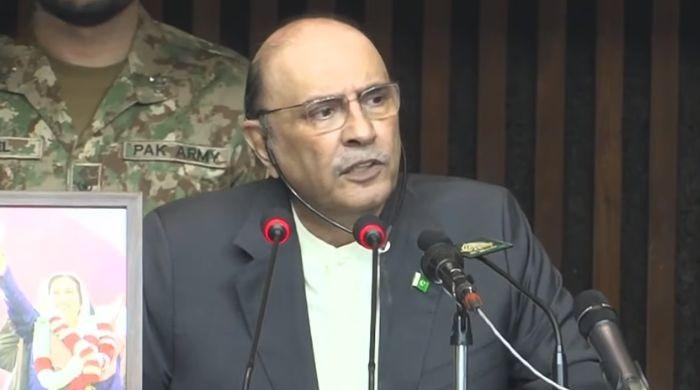What happened to Urdu?
Has the new generation’s ‘romance’ with English adversely affected Urdu
February 11, 2017
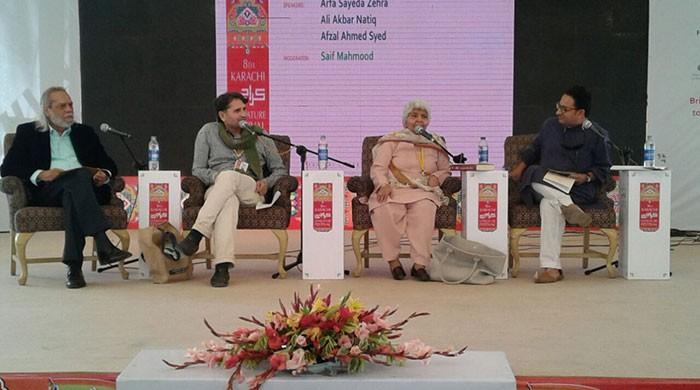
KARACHI: Urdu is the language of Awaam. A language which carries a legacy of more than 200 years. A language which bridges between Arabic and Persian. And a language which is considered a medium of love.
But leaving aside its aesthetics, the questions which stand today and are vociferously discussed in the literary circles are: Is Urdu on the decline? Is it on demise? Are the words of Mir, Ghalib, Iqbal, Faiz, Faraz not reaching out and connecting with the common reader and are gradually getting confined to a particular circle? Has the new generation’s ‘romance’ with English adversely affected Urdu by contaminating its natural flair.
Or is it other way round? Urdu is thriving, and like any other contemporary language it is adapting to post-modernism. There still remains a strong mass connection with the language but dictated by the present-day times, because had the language been on its decline or on its deathbed, we would not have re-discovered Jon Elia through social media, we would have forgotten Mustufa Zaidi and Nasir Kazmi, Zia Mohyeddin would have been a man of past.
This issue was discussed in Karachi Literature Festival session, Urdu Nu Kia Hua? with academics Arifa Sayeda Zehra and Ali Akbar Natiq, poet Afzal Ahmed Syed, and New Delhi-based critic Saif Mahmood, in the panel.
As the topic suggested the event was primarily intended to focus on the perceived ‘Punjabization’ of Urdu, but like any quality discussion it grasped many other questions related to the language.
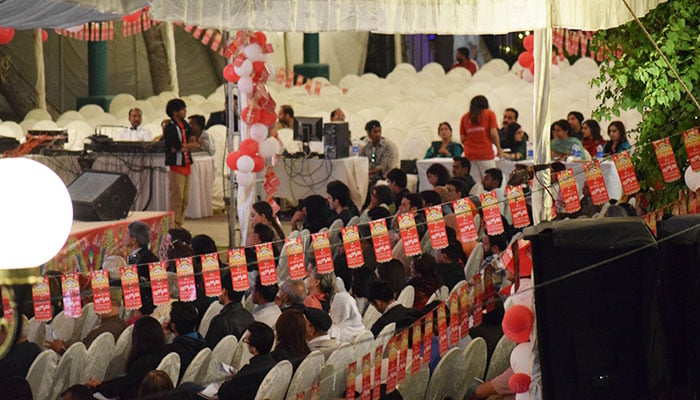
Arifa Syeda Zehra was strong in her opinion that Urdu in its nature adopts the essence of other languages. In her words, “It has adopted the intricacies of Punjabi and Sindhi,” further adding, “If a language has to survive it has to adopt change, otherwise it will be dead. It will become Sanskrit.”
She opined that either a language chooses to clash or accept change, Urdu in its nature is not regressive and chose clash over adaptability. She reiterated that Urdu readers connect more with poetry associated with Punjabi folk heroine Heer, not the Persian Sheerin.
“There are some who deliberately want to get stuck in the past, others who aspire to take an unnecessary jump to their perceived post-modernity. Both are wrong.” She believed that the ‘privatization’ of education has caused a detrimental damage to the collective national identity as it has promoted the idea that English as a language is a synonym of knowledge, whereas Urdu remains restricted to the lower and middle income households.
She was critical of the opinion that people put more emphasis on the accent of Urdu adding that a peculiar accent doesn’t change the feelings associated with the words, further adding that language would justifiably loose its relevance if it becomes solely a mode of information, not knowledge.
She lamented that the intellectual degradation of society in general and Urdu in particular, is because of the fact television has become a source of knowledge for people at large today. In Arifa`s words, the language would inevitably be destroyed because there is a distinction between shouting and speaking – a difference which electronic media deliberately ignores.
She believed that the day when the society sheds the inferiority complex given by the pre-partition colonial masters, it would be the day when things will change, which will have an ultimate impact on the languages spoken in the country.
Afzaal Ahmed Syed also believed that there is no conflict of Urdu with any other regional language of the country as he cited that many famous poets, including Zafar Iqbal continue to borrow expressions and words from Punjabi.
Ali Akbar Natiq recited his poem on the occasion, reflecting a unique poetic fusion of Urdu and Punjabi.




